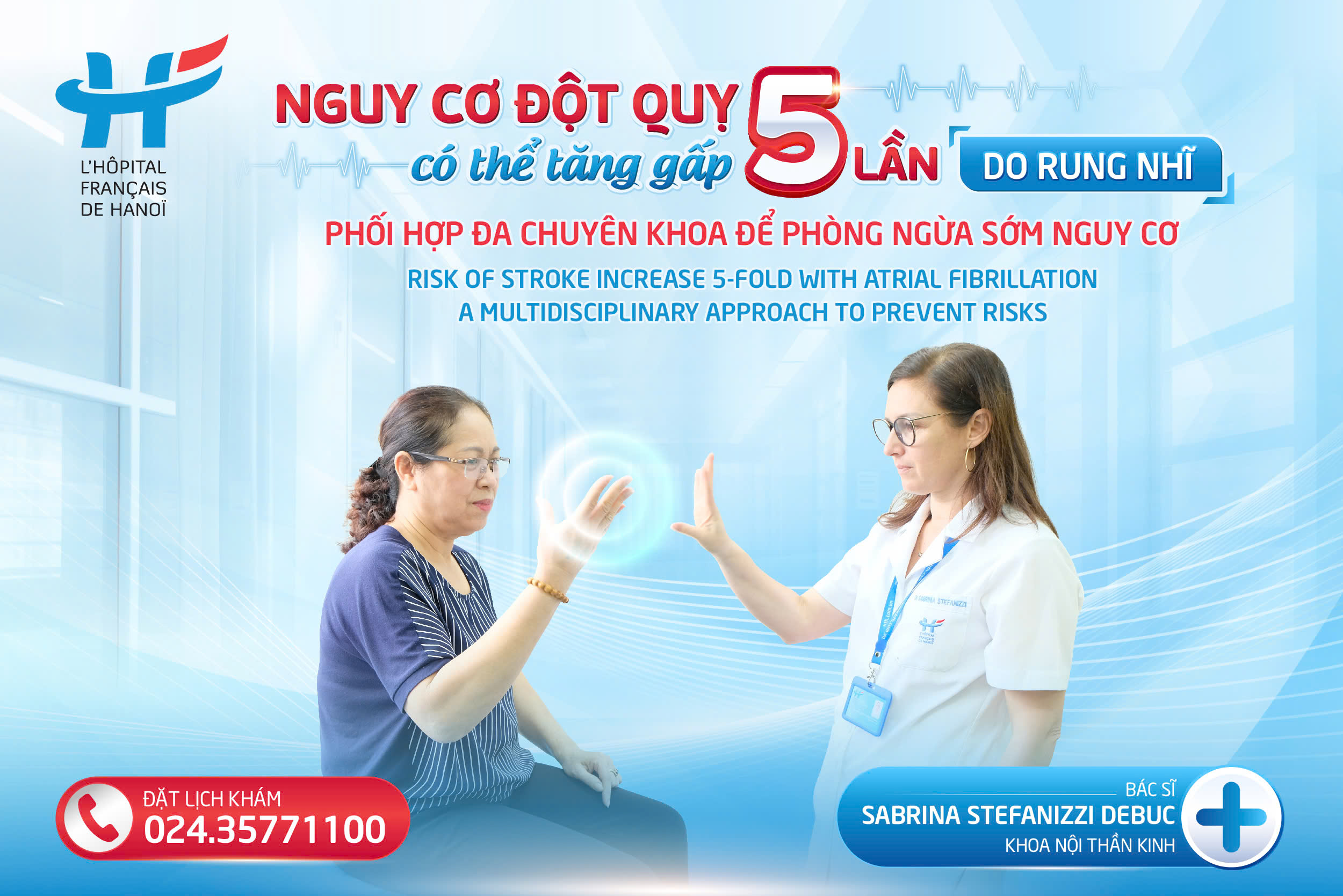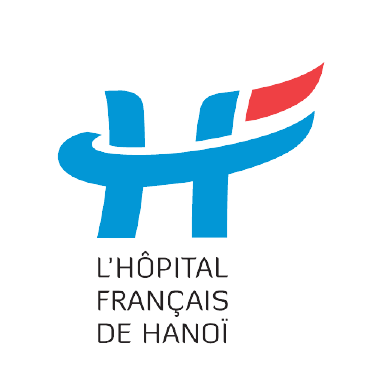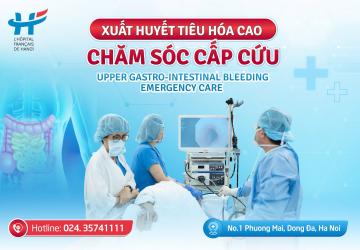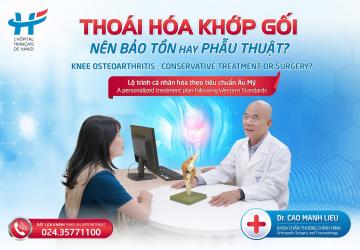News - Mon, 10/07/2024 - 09:10
Risk of stroke increases 5-fold with atrial fibrillation
Last update 10/07/2024 - 09:11

According to Dr. Sabrina Stefanizzi Debuc, a French neurologist at Hanoi French Hospital, cardiovascular disease is the leading cause of stroke: “Blood clots from the heart, particularly due to arrhythmias such as atrial fibrillation, are a major cause of stroke. When these clots travel to the brain, they block blood flow, which can lead to a stroke. Stroke symptoms often include weakness or numbness on one side of the body, difficulty speaking, visual disturbances, and loss of balance. A stroke can cause permanent brain damage, loss of mobility or speech, and, in severe cases, death.”
Atrial fibrillation increases risk of ischaemic stroke fivefold
Dr. Ngô Chí Hiếu, a cardiologist and interventional cardiologist at Hanoi French Hospital, explains that atrial fibrillation is the most common arrhythmia in adults.
“In atrial fibrillation, the signals in the upper chambers of the heart become chaotic, leading to a rapid and irregular heartbeat. This can cause blood to pool in the atria, forming clots. If a clot from the left atrium dislodges and travels to the brain, it can cause a stroke. Atrial fibrillation is responsible for more than 20% of strokes, often leading to serious complications and long-term after-effects. Patients with atrial fibrillation are especially at risk if they have other factors like advanced age, diabetes, hypertension, a history of stroke, peripheral arterial disease, or coronary artery disease,” he says.
Early treatment can significantly reduce risk of stroke associated with cardiovascular disease
The incidence of stroke is rising in younger people, with a third of cases now occurring in middle-aged adults, partly due to lifestyle factors like stress, smoking, fast food consumption, and lack of exercise, all of which increase cardiovascular disease risk.
Dr. Sabrina emphasizes that maintaining a healthy lifestyle, following a balanced diet, managing vascular risk factors, and identifying underlying health conditions are key to reducing the risk of stroke. A personalized treatment plan tailored to each patient is essential.
The Centre for the Prevention of Cardiovascular Diseases at the French Hospital in Hanoi, staffed by a multidisciplinary medical team (including a cardiologist, neurologist, diabetologist, and general practitioner), is equipped with advanced technology such as brain and neck artery imaging, arrhythmia detection, electrocardiograms, and blood sugar and coagulation tests. This allows doctors to accurately determine causes and minimize risks for patients with cardiovascular disorders.
Dr. Sabrina advises patients with atrial fibrillation to take the following precautions to reduce the risk of stroke:
- Treatment with new-generation anticoagulants, avoiding self-medication or dose adjustments without medical advice, and informing the medical team before surgery.
- Controlling risk factors, especially hypertension, which can damage blood vessels and accelerate plaque formation.
- Carotid artery revascularization in cases of stenosis over 70%.
- Regular monitoring and treatment within a multidisciplinary approach, involving neurologists, cardiologists, and other specialists to ensure timely and appropriate interventions.
Dr. Ngô Chí Hiếu adds that for patients with symptomatic atrial fibrillation (dyspnea, palpitations, fatigue), advanced ablation therapy using the Abbott EnSite X EP System - the first 3D cardiac mapping system of its kind in HFH, Vietnam - offers a modern solution to permanently treat dangerous arrhythmias, particularly atrial fibrillation.



